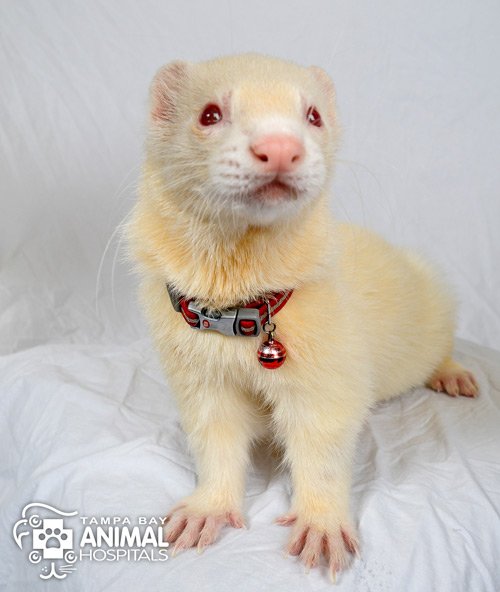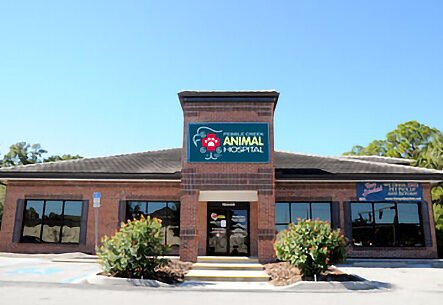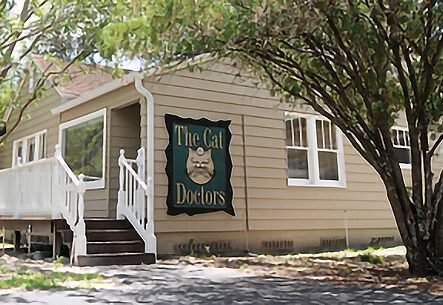Ferrets: Your comprehensive guide

What to expect from your ferret
Ferrets are extremely playful, active, curious and good-natured animals that enjoy the company of humans and other animals. For these reasons they make wonderful pets, but they also require a fair amount of attention. Ferrets love to run around free in the home and can be taught to use a litter box like a cat, although you may need to place a litter box in the corner of every room or area where the ferret spends a great deal of time. Ferrets are generally quiet. The only vocalizations they make are chuckles and giggles during play, squeals or screams when threatened and sometimes cries when in pain.
Vital statistics
- Body length: 9-15 inches (22-38 cm)
- Body weight: Male: 1-2 kg, Female: 0.5-1.0 kg
- Sexual maturity: 4-8 months
- Life span: 5-8 years
What do ferrets do all day?
Ferrets are usually most active in the early morning and evening. They get into everything; they attack household plants, steal socks, and push things down from shelves. They will steal items they treasure and hoard them in several stashes around your home. They like to burrow into the backs of sofas, undersides of mattresses, pillow cases, drawers, ducts, boxes and cabinets. They can slip into very small spaces: wherever their heads will fit, their bodies can follow.
Are ferrets tame?
Ferrets learn quickly and can be trained to come to cues such as bells or whistles. They easily adapt to a harness and leash and love to go for walks and to travel. A standard dog or cat carrier equipped with a small litter box is adequate for transporting your ferret. Some ferrets may make a habit of biting or becoming covetous of toys; discipline and training when they are young or new to your household will eliminate nipping and biting when they are older.
What Should You Feed Your Ferret?
Ferrets need a diet high in meat proteins and fat. Ferrets cannot digest large amounts of fiber and do not need significant amounts of carbohydrates. Additional treats of fruit or vegetables should be restricted to 1 tsp (5 ml)/day, and sugary treats should be avoided. A commercially prepared diet specifically formulated for ferrets is recommended. If you have an adult ferret previously fed dry cat food, you can convert your pet to ferret food by mixing the ferret food in with the cat food, gradually increasing the proportion of ferret food to 100% over 2-3 weeks.
Is your ferret a male or a female?
You can determine your ferret’s sex by examining its external genitalia. Male ferrets have a ventral abdominal penis and are generally larger than females. Most ferrets, whether male or female, are neutered at an early age before they reach the pet market. This results in a pet that is more placid, less moody and less at risk for reproductive diseases. Intact females must be spayed or bred to prevent fatal estrogen toxicity. Also at an early age their anal scent glands are removed. This results in a reduction of their natural odor, making them more desirable as pets.
Care of your geriatric ferret
Ferrets over the age of 3 years should have a geriatric examination every 6-12 months, because it is at this age that some disease problems may begin to appear. In particular, your exotic animal veterinarian may evaluate your ferret’s coat and overall conditioning, listen to the heart and lungs, palpate the abdomen for masses and recommend blood work, x-rays and urinalysis to screen for internal disease. Ultrasonography or electrocardiology may also be recommended.
How to keep your ferret healthy, happy and safe!
- Groom your ferret on a regular basis: bathe, trim nails, brush teeth and clean its ears.
- Provide toys for play in its cage when you are not at home: anything that it can bat about, roll, toss or chew, but not ingest.
- Check the play area for potential hazards.
- Take your ferret to an exotic animal veterinarian for an annual physical examination, fecal analysis for parasites, and dental cleaning.
- Keep your ferret up-to-date on canine distemper and rabies vaccinations.
- Provide heartworm preventive medication.
- Avoid exposing your ferret to human influenza, to which it may be susceptible.
Housing for your ferret should:
- be restricted to a safe enclosure when the animal is unattended
- have solid flooring, or if wired, be filled with bedding of shavings (no cedar), newspaper or commercially available bedding made of recycled paper or cloth
- contain “cage furniture:” hammocks, muffs, corrugated tubes, dryer vent tubing and large PVC pipes for tunneling
- contain folded fabric such as a sheet or flannel clothing for burrowing while sleeping
- have average room temperature and humidity (avoid greater than 80 F and humidity over 55%)
- provide for a constant source of fresh water
- include a litter box
It is important to prevent ferrets from accessing:
- table scraps or treats with too much fiber or salt
- foods with high levels of vegetable protein, such as soy flour and wheat gluten
- sweets, dairy products, bones, chocolate
- rubber or plastic toys that can be easily torn apart and ingested
- unsupervised freedom in the home
- cedar shavings
- overheating
- dogs, birds, unsupervised children
- electrical cords
- toweling or frayed fabrics with ingestible fibers
What your veterinarian looks for in a healthy ferret:
- Dry or slightly moist nose
- Bright, clear eyes and clean teeth
- Trim nails
- Supple, elongated abdomen with no abnormal lumps
- Smooth, glistening coat
- Curious and playful attitude
- Clean anus
Most common disorders of ferrets:
- “Sick ferret” syndrome (weak, not eating, dehydrated, tarry stool)
- Adrenal disease
- Gastrointestinal obstructions (foreign bodies)
- Traumatic injuries, including electric shock
- Cardiac disease
- Insulinoma and other tumors
- Gastroenteritis
- Dental and gum disease
- Urolithiasis/cystitis/renal disease
- Internal parasites
- Ear mites
- Fleas/flea allergy dermatitis
- Heartworms
- Canine distemper viral disease
Many of the above diseases can be treated or prevented; therefore, taking your ferret to an exotic animal veterinarian on a regular basis will help keep your pet healthy and safe and help you maintain a long and satisfying relationship with your ferret.
Background information
The domestic ferret (Mustela putorius furo) descends from the European polecat and was originally raised to hunt rodents and rabbits and for fur production. Male ferrets are called hobs, and females are called jills. Baby ferrets are called kits. Several color variations have developed through breeding the domestic ferret, including the sable or “fitch,” which has a dark mask across its nose and around its dark-colored eyes (see cover) and a pastel or cream-colored ferret, with a light-colored mask around dark eyes (see inside). Legal ownership of ferrets varies. Some states, municipalities and cities require that owners register their pet ferrets. Several states have special rabies quarantine laws governing ferrets in case of a human bite. Before purchasing a ferret, inquire about local laws regarding ownership and obtain proper permits or licenses. Changes in legalities are updated on the internet.
Used with permission of the Zoological Education Network
Tampa, FL 33615 (View map)
Tampa, FL 33647 (View map)
Tampa, FL 33617 (View map)
Tampa, FL 33647 (View map)








